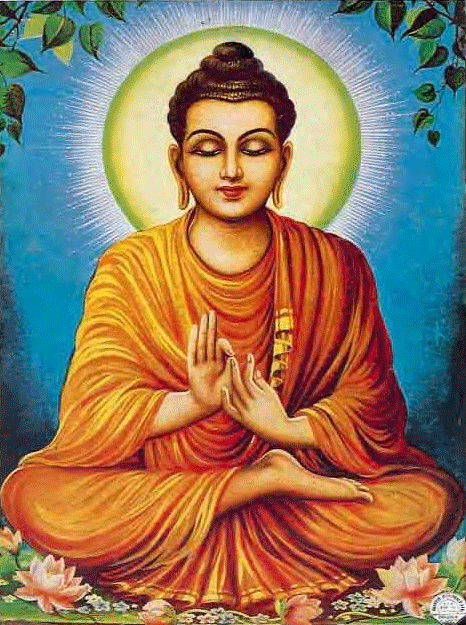Buddhism is one of the most peaceful and powerful religions of the world. It is the 4th largest religion in the world with more than 520 million followers. Founded by Siddharth Gautam, who came to be known as Gautam “Buddha”, It inspires people to find their inner calm.
Gautam Buddha was born in Bharat-varsha, or India as it was known a few millennia ago. It is from India that Buddhism spread to the whole world mainly to east, south and southeast Asia. India has been a vibrant Buddhist centre, footprints of which are spread over present day Bihar and eastern U.P.
Buddhist monks undertook severe hardships and travelled far and wide to spread the deep, philosophical teachings of Buddha. Today, it is a flourishing religion in Mongolia, China, Sri Lanka, Tibet, Nepal, Bhutan, Myanmar, Laos, Thailand, Cambodia, Vietnam, Korea and Japan.

The Teachings
The “Four Noble Truths” and the “Eightfold path are the primary teachings of Buddhism. Buddhism talks about overcoming suffering and the cycle of birth and death through the process of attaining Nirvana. Concepts of Karma and Reincarnation figure prominently.
The four noble truths are –
- Life has inevitable suffering
- There is a cause to our suffering
- There is an end to suffering
- The end to suffering is in the eightfold path
 The wheel of Dharma (Right View – Resolve, Speech, Conduct, Livelihood, Effort, Mindfulness) – The Eightfold path.
The wheel of Dharma (Right View – Resolve, Speech, Conduct, Livelihood, Effort, Mindfulness) – The Eightfold path.
Two major branches are recognised in Buddhism. The Theravada, and Mahayana which includes the traditions of Pure Land, Zen, Nichiren Buddhism, Shingon and Tiantai (Tendai). They differ slightly in their interpretations of the teachings of Buddha.
Zen Buddhism is very popular in the modern world which is considered a Japanese philosophy but it infact, has its roots in India. It was first brought to China by Bodhidharma, the great buddhist monk in 760 CE, from where it travelled to Japan through master Hui Neng. The word Zen comes from Chan (in Chinese) which comes from Dhyaan or Dhyanam (Meditation).
Also Read about The Life Changing Lessons from Gautam Buddha.
Reference:
“Roots in India”- Autobiography of India series by D.K. Hari and D.K. Hema Hari by Garuda Prakashan.

